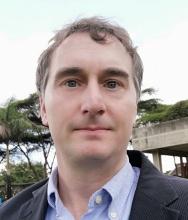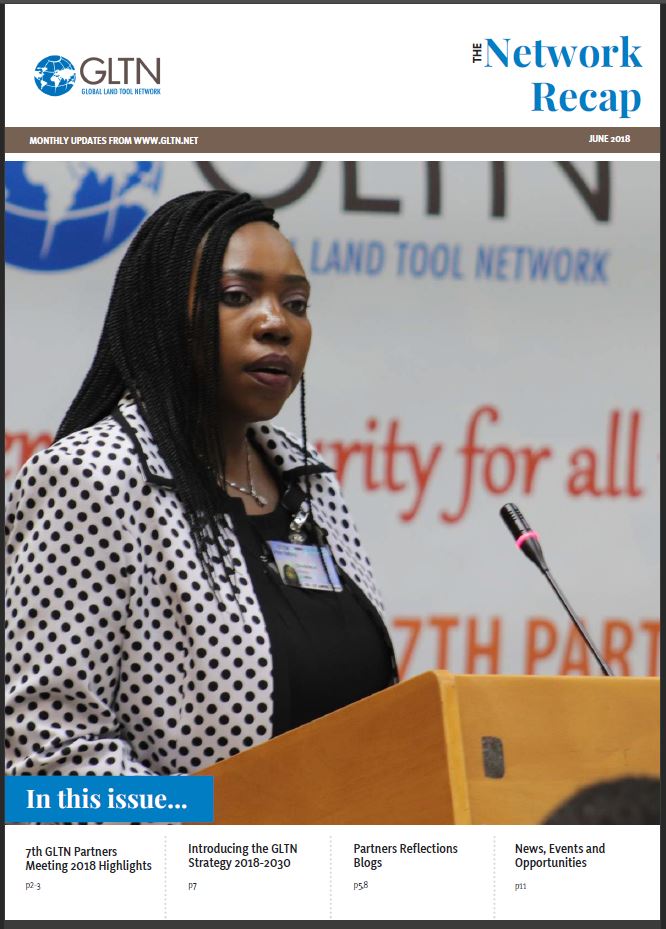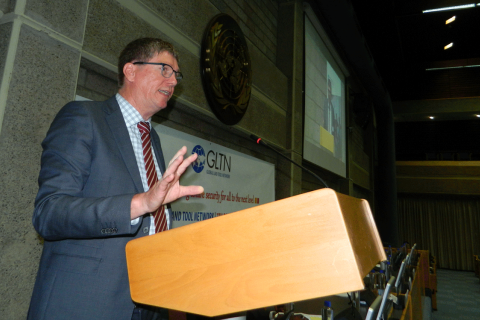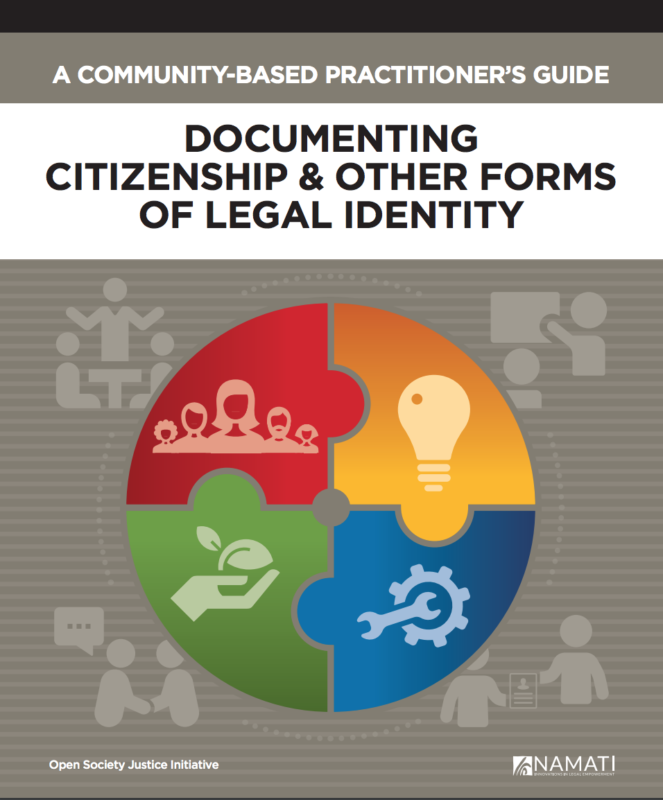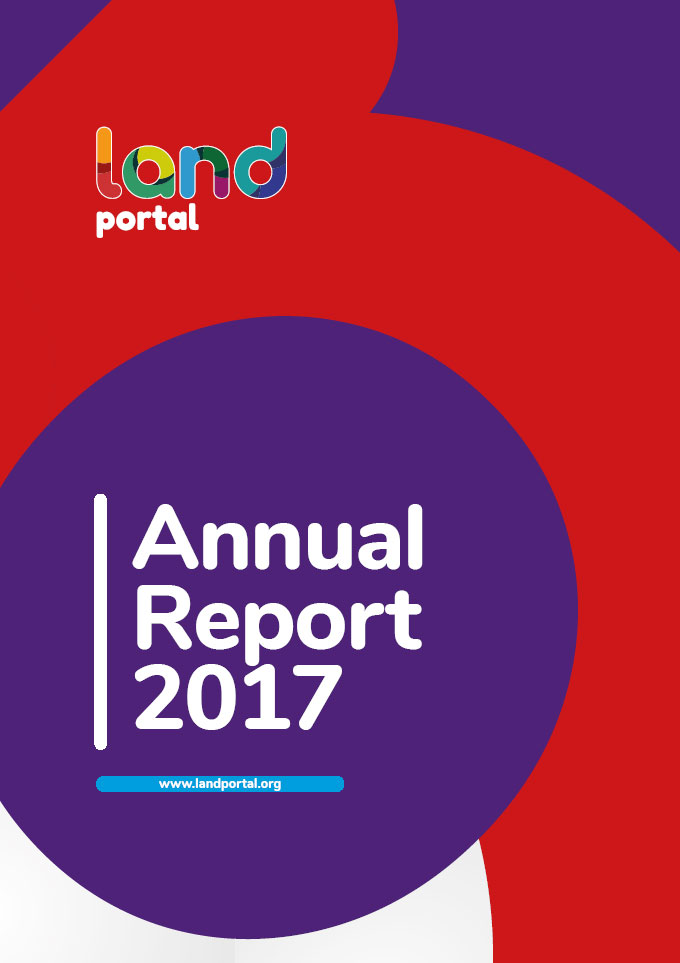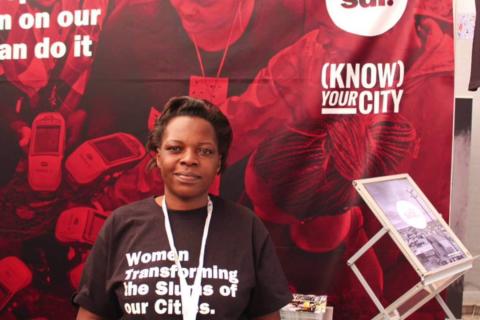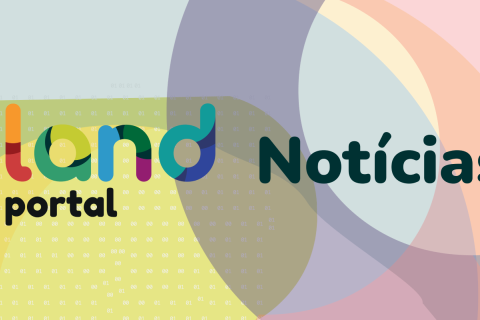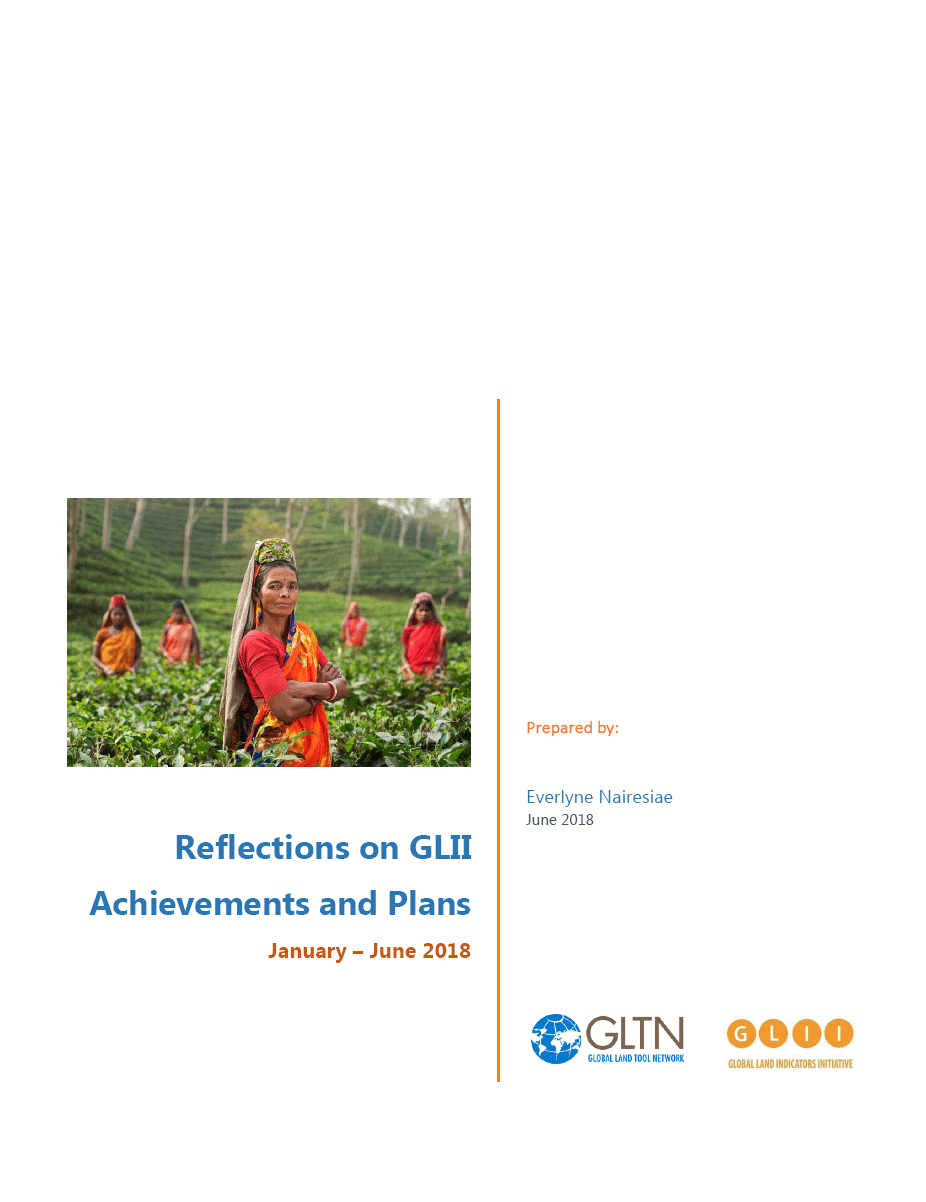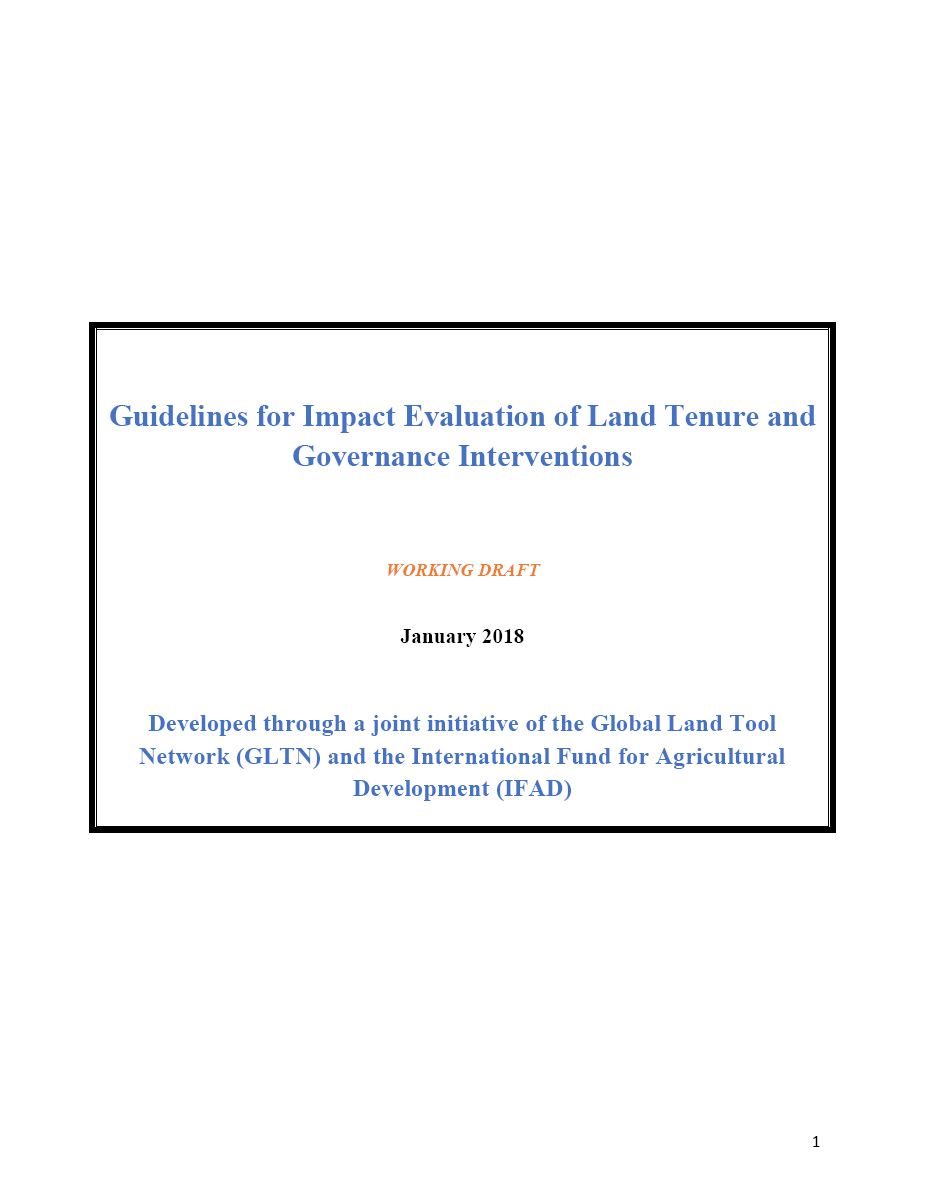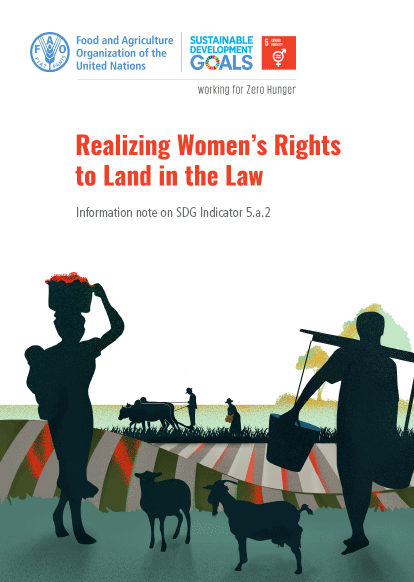Neil Sorensen joined the Land Portal as its Communications Specialist in October 2015. He has extensive experience leading communications for international organizations and developing relationships with civil society, donors, intergovernmental agencies, the media and the private sector. Previously, Neil worked for the International Fund for Agriculture Development (IFAD) as a Governing Bodies Officer and Strategic Adviser to the Secretary of IFAD. He has also led communications for three international organizations, including the International Land Coalition, the International Federation of Agricultural Producers (IFAP) and the International Federation of Organic Agriculture Movements (IFOAM). He holds a Master’s degree in Global Diplomacy from the University of London School of Oriental and African Studies (SOAS) as well as a Bachelor’s degree with a double major in German and Sociology from St. Cloud State University.
Details
Location
Contributions
Displaying 731 - 740 of 1145The Network Recap – June 2018
Land sector challenges are vast and complex. Insecure rights to land continues to affect more than 2 billion people living in urban and rural informality worldwide, with women, youth and indigenous people faring the worst. We need more strategic partnerships, at all levels, that drive innovative thinking and provide practical solutions to these tenure security challenges.
Land is the maker and the marker of the Sustainable Development Goals (SDGs)
Land is the maker and the marker of the Sustainable Development Goals (SDGs). For the Dutch Ministry of Foreign Affairs (MFA), our aim is to contribute squarely to relevant land-related results where solutions exist and actions are needed, which is at subnational or national levels in countries. We work with national and local governments as well as with other locally mandated actors that in most cases get assistance from international organisations .
A Community-Based Practitioner’s Guide: Documenting Citizenship and Other Forms of Legal Identity
This guide provides step-by-step instructions on establishing and operating a paralegal or other community-based program to help people obtain legal identity documents. It is primarily for people designing and managing community-based paralegal projects to help clients access documentary proof of citizenship and other forms of proof of legal identity, such as birth certificates.
ISLA Conversation on Sexual Harassment
The Initiative for Strategic Litigation in Africa invites you to a public conversation between:
Nicolette Naylor, Ford Foundation
and
Sibongile Ndashe, Initiative for Strategic Litigation in Africa
Date: 10 July 2018
Time 16:30 for 17:00 – 19:00
Venue: ISLA Offices
15th Floor Marble Towers
208 – 211 Jeppe Street
Land Portal 2017 Annual Report
Improved access to land and data is pivotal for the promotion of land governance reform as well as the fulfillment of human rights and sustainable development. With access to reliable data and information, informed decisions regarding land and property rights can take place.
Improving tenure security through partnership and collaboration with the GLTN
The National Slum Dwellers Federation of Uganda (NSDFU) is a network of approximately 350 community groups with a membership of approximately 38,000 people. NSDFU is a member of the Shack/Slum Dwellers International (SDI) network, a transnational network of the urban poor founded in 1996, and which brings together over a million federated slum dwellers in 30 countries in Africa, Asia, and Latin America.
Campanha reitera sua posição contra o Prosavana em Moçambique
A Campanha “Não ao Prosavana” tomou conhecimento, através do relatório da última reunião sobre o Prosavana, presidida pelo Ministro da Agricultura e Segurança Alimentar no dia 4 de Abril, que os governos de Moçambique, Brasil e Japão, estão a tomar acções com vista à implementação efectiva do programa Prosavana na região norte do país, ignorando assim todas as contestações dos camponeses e camponesas, dos moçambicanas e moçambicanas e das organizações da sociedade civil, afiliadas ou não à Campanha Não ao Prosavana.
Reflections on GLII Achievements and Plans
Its June 2018, half a year down the line following the reclassification of several land indicators including 1.4.2 by the IAEG-SDGs in November 2017. To all of us, this milestone was defining and encouraging in our effort towards achieving monitoring of land governance issues at scale.
Guidelines for Impact Evaluation of Land Tenure and Governance Interventions
The purpose of the Guidelines for Impact Evaluation of Land Tenure and Governance Interventions (“the guidelines”) is to serve as a tool for both researchers and land sector experts in the design and conducting of land impact evaluations and ultimately broaden the evidence of what works and does not work and why in regard to measures meant to improve land tenure and governance.
Realizing Women's Rights to Land in the Law
Goal 5 of the Sustainable Development Goals (SDGs) "Achieve gender equality and empoer all women and girls" regonizes the fundamental role of women in achieving poverty reduction, food security and nutrition. Target 5.a aims to "undertake reforms to give women equal rights to economic resources, as well as access to ownership and control over land and other forms of property, financial services, inheritance and natural resources, in accordance with national laws".

